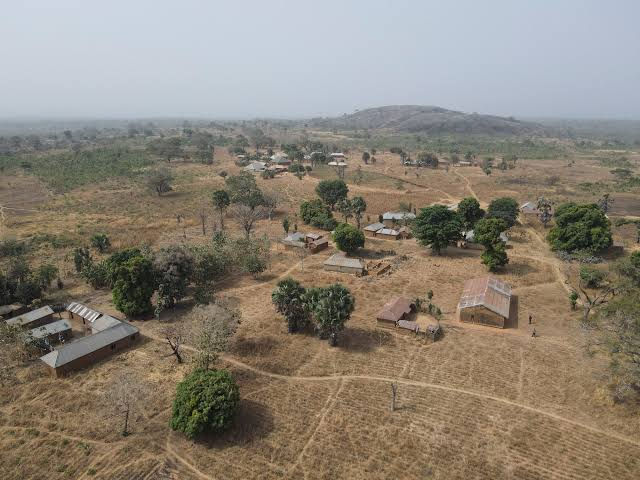The Power of Chaos: A Deeper Discussion
- Wadiri Gift
- Oct 21, 2025
- 2 min read

Chaos is often misunderstood. To many, it represents disorder, confusion, and destruction. But chaos isn’t just wild randomness — it can be a powerful force of transformation, creativity, and necessary change. In fact, throughout nature, science, society, and personal life, chaos often plays a catalytic role in growth and evolution.
Chaos in Nature and Science
In science, especially in chaos theory, chaos refers to systems that appear random, but are actually governed by underlying patterns and laws. These systems are sensitive to initial conditions, meaning small changes can have big effects — famously described as the “butterfly effect.”
Examples:
Weather patterns
Population dynamics
Ecosystems
Lesson: Chaos teaches us that what appears to be disorder may actually be complex order, and that small actions can ripple into major consequences.
Chaos in Human Life and Psychology
Personal crises, emotional breakdowns, or unexpected life changes often feel chaotic — but they can lead to breakthroughs.
Carl Jung believed that chaos within the psyche is necessary for transformation. Before personal growth, there is usually a phase of uncertainty, confusion, or inner turmoil.
Lesson: Chaos in life can strip away illusions, break down rigid patterns, and force us to evolve — mentally, emotionally, and spiritually.

Chaos in Creativity
Artists, writers, and inventors often speak of creative chaos — a mental state where ideas clash, evolve, and recombine. It's messy and unpredictable, but also incredibly productive.
Example: Great works of art or revolutionary ideas often emerge from periods of upheaval or societal chaos.
Lesson: Chaos fuels innovation. Without disruption, there’s no space for new ways of thinking to emerge.

Chaos in Society and History
Historically, revolutions, protests, and social unrest are forms of societal chaos. While painful, they often lead to major reforms or shifts in power.

Example: Civil rights movements, anti-colonial struggles, or even the collapse of corrupt regimes all involve chaos before resolution.
Lesson: Chaos challenges systems that are no longer working. It forces questions, confrontations, and ultimately — change.

Chaos and Creation: A Philosophical View
In many mythologies, chaos is the origin of creation. For example:
In Greek mythology, Chaos was the void from which the cosmos was born.
In Genesis (the Bible), the Earth was “formless and void” before God created order.
In Hindu cosmology, the universe is periodically destroyed and recreated — a cycle of chaos and rebirth.
Chaos is not the opposite of order — it’s the precursor to it.
Balancing Chaos and Order
Chaos isn’t inherently bad — but it’s powerful. It can destroy or create, depending on how it's channeled. The key lies in finding balance: using the energy of chaos to challenge stagnation, but not letting it become pure destruction.
“In the midst of chaos, there is also opportunity.” — Sun Tzu
Whether in nature, society, or personal life, chaos carries power — not just to break down, but to rebuild, rethink, and renew.










Comments